Last month, Portland teachers took to picket lines with a variety of demands, such as improved pay and working conditions, along with more access to mental health and special education resources. The strike began on Nov. 1, marking the first time the teachers of Portland Public Schools (PPS) have gone on strike. These walk-offs came after similar action was taken by teachers in Oakland and Los Angeles, California earlier this year.
Alison Kolta is a West Linn language arts teacher and parent of two PPS students.
“[The teachers on strike are] looking for some improvements in their working environment, like classrooms that aren’t too hot or too cold for students to learn correctly,” Kolta said. “They’re looking to reduce class sizes so that the class sizes are manageable.”
According to the Student Teacher Achievement Ratio, a study conducted in Tennessee in the 1980s, decreasing class sizes lead to significantly higher academic achievement.
The cost of living in Portland has risen 22% from 2010 to 2020. The annual salary for Portland teachers is approximately $50,000. The Portland Association of Teachers is requesting an 8.5% raise, along with a 6% and 5% raise in the following years.
Officials say they cannot meet these demands because they lack funds from the state legislature.
Wind Lothamer is another parent of PPS students and is the digital arts teacher at West Linn.
“I think a lot of people don’t understand that teacher salaries are set by their contracts,” Lothamer said. “So there’s not really any specific way for teachers to increase their pay or to move up the pay scale except for to negotiate with the school district for a better contract. And that’s the only leverage that they have.”
During teacher strikes, Portland schools were closed, keeping students out of classrooms. Portland K-12 students also did not attend classes from Oct. 31 to Nov. 27.
The PPS district is home to 45,000 students. Some parents of young children struggled to find childcare during the strike.
“It’s definitely been difficult because my kids are 11 and seven,” Kolta said. “They’re old enough that they can kind of be on their own, but they need somebody at home with them. They can’t just stay home alone all day.”
Thousands of students missed school for a month, missing hours of class time.
“That’s a lot of kids, right? But that’s not a majority of the people in Portland,” Lothamer said. “There’s a lot of people who probably are totally not affected by it and don’t care about it. But it affects the kids.”
Strikes have not only affected students and parents, but teachers as well.
“It’s hard on them, they’re not getting paid, they’re getting paid on strike pay, which is much less than their actual pay,” Lothamer said. “It’s hard on a lot of people.”
The union’s proposal to limit class sizes was removed in order to reach a compromise sooner.
“I obviously want my kids to be back in school soon because it’s so hard on them being out of school,” Kolta said. “It’s so good for them to be there. But also,their teachers are wonderful. They have great teachers and I want them to have reasonable working conditions and so I also want this strike to end in a way that real progress is made. I want this to have been worth something and that some real changes can be made.”


![Reaching out. Christopher Lesh, student at Central Catholic High School, serves ice cream during the event on March 2, 2025, at the Portland waterfront. Central Catholic was just one of the schools that sent student volunteers out to cook, prepare, dish, and serve food. Interact club’s co-president Rachel Gerber, junior, plated the food during the event. “I like how direct the contact is,” Gerber said. “You’re there [and] you’re just doing something good. It’s simple, it’s easy, you can feel good about it.”](https://wlhsnow.com/wp-content/uploads/2025/03/interact-1-edited-1200x744.jpg)
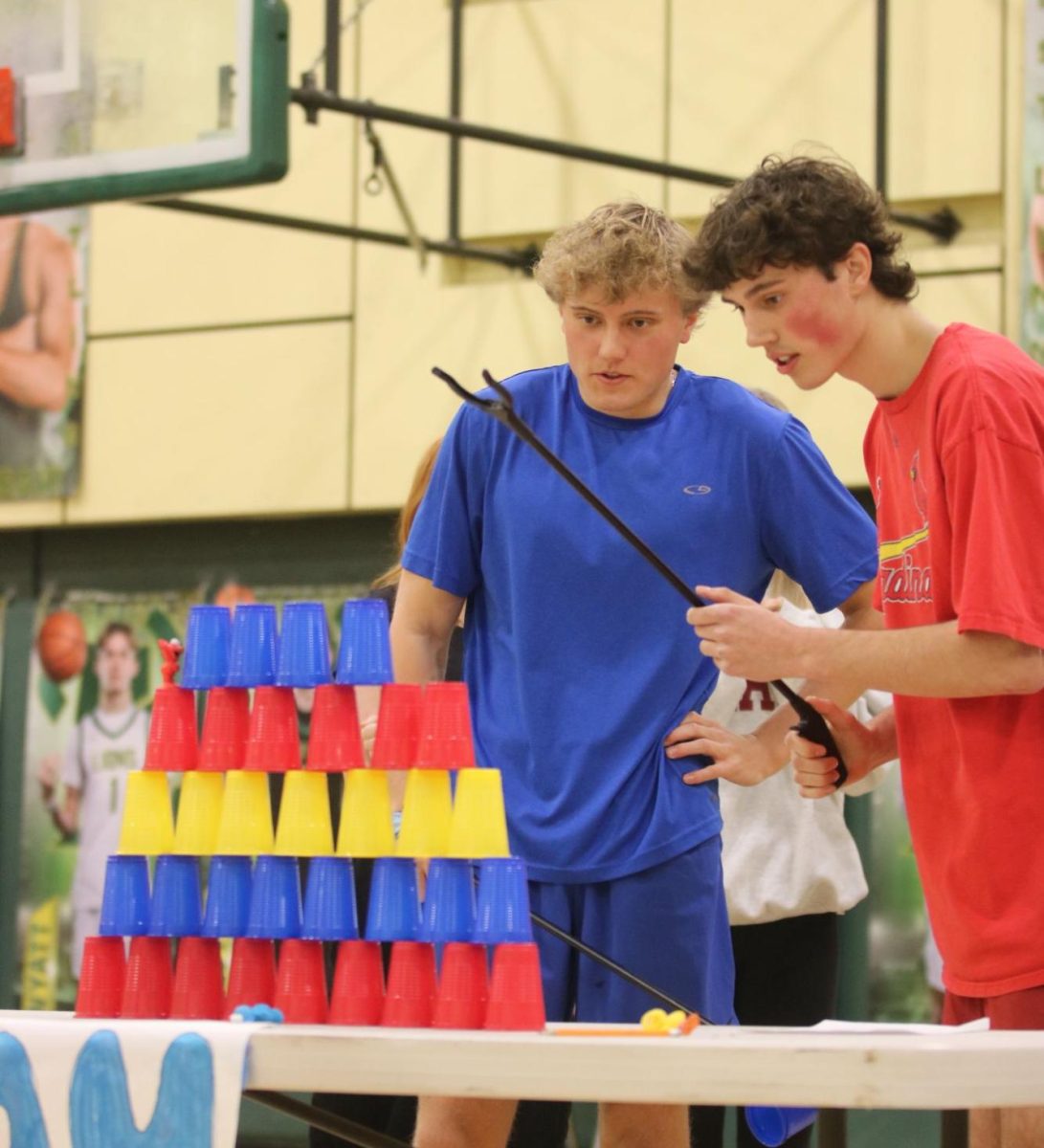






















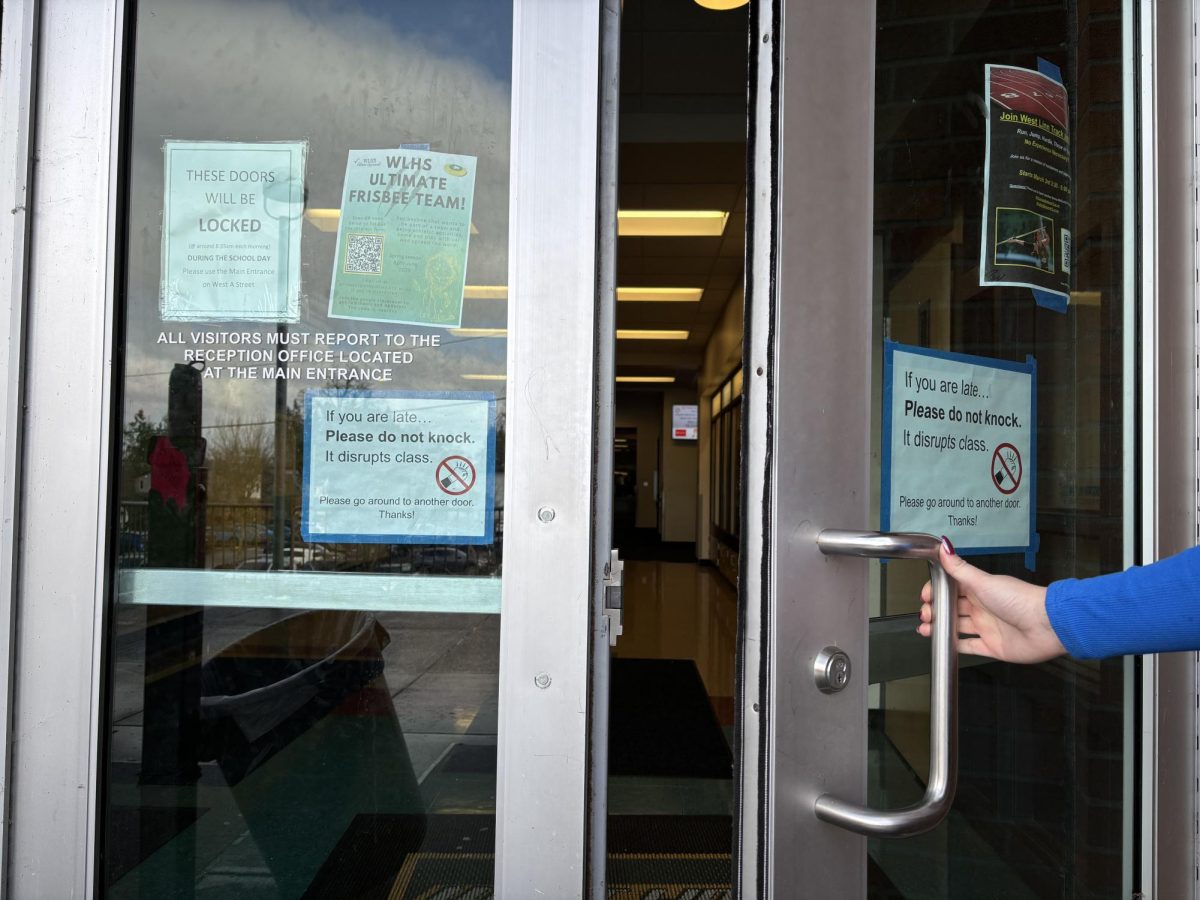
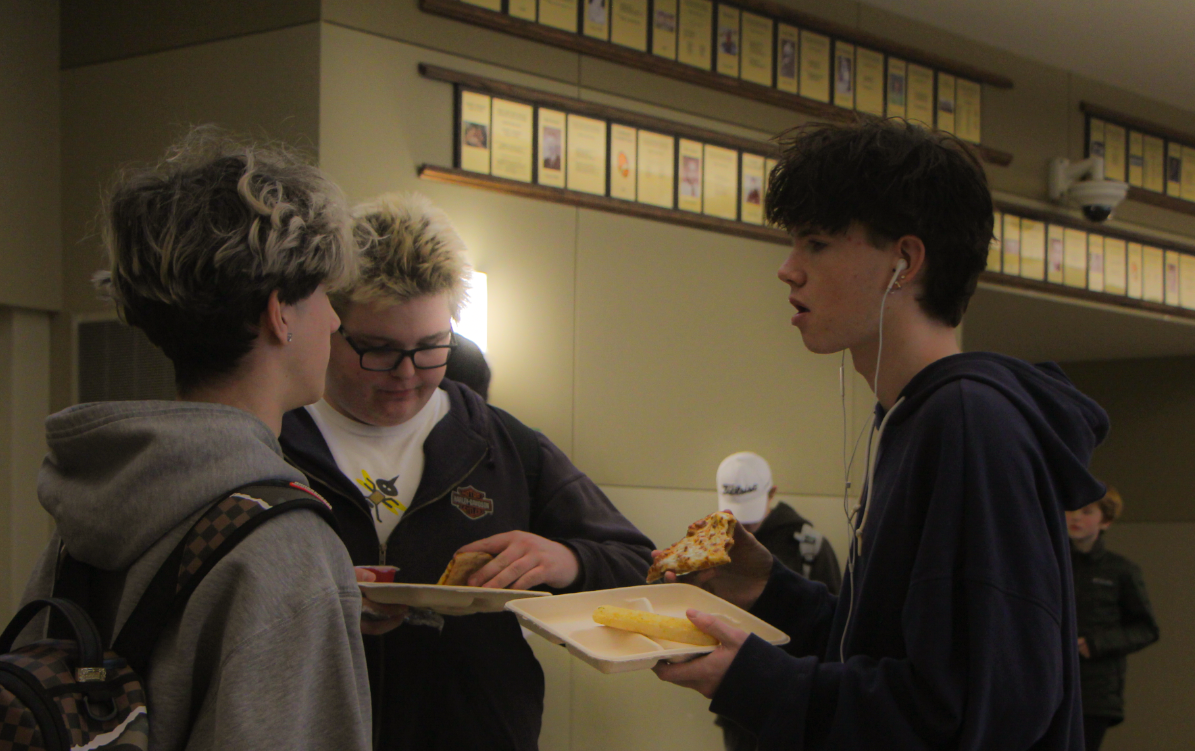


















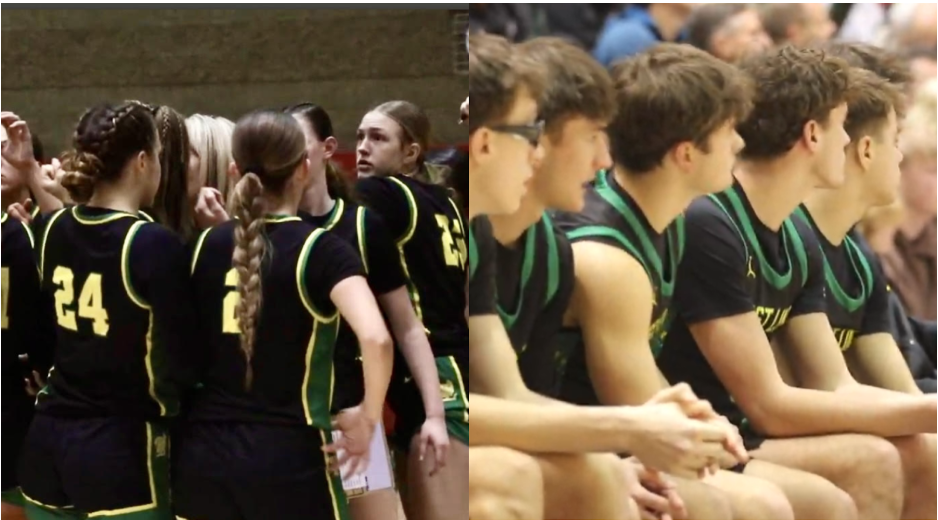
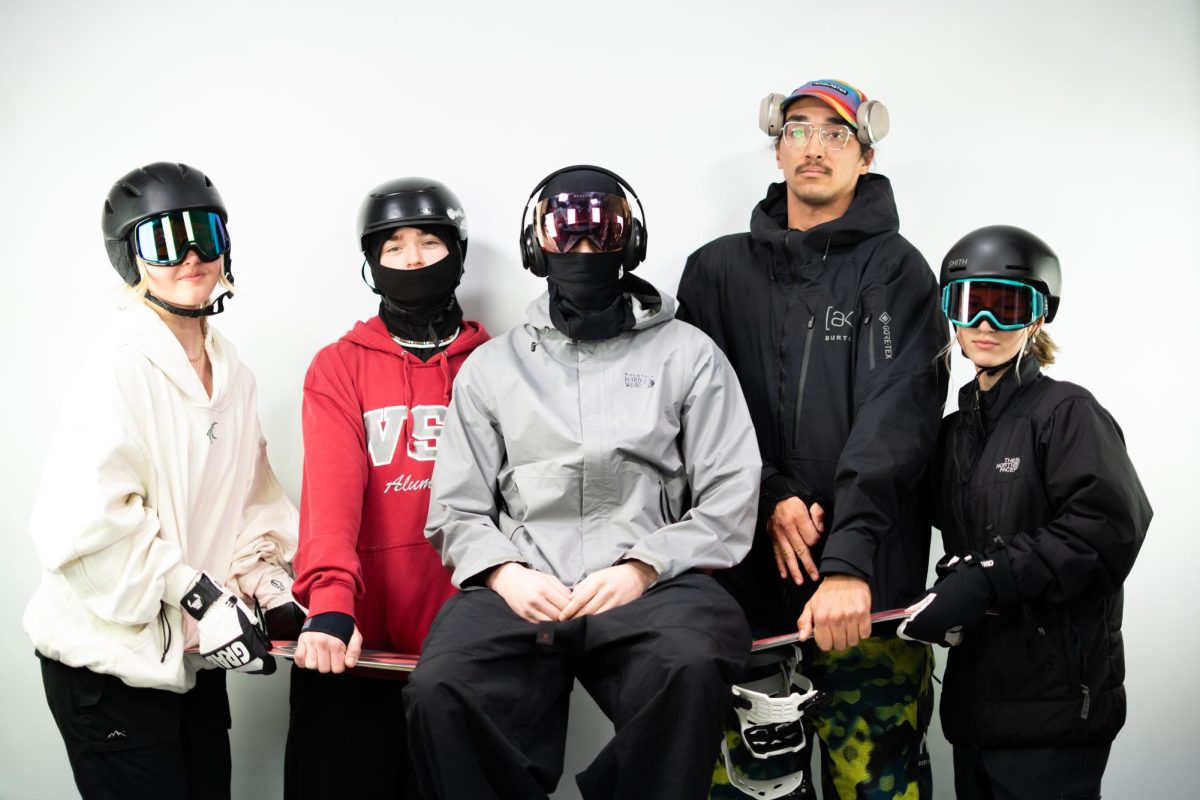
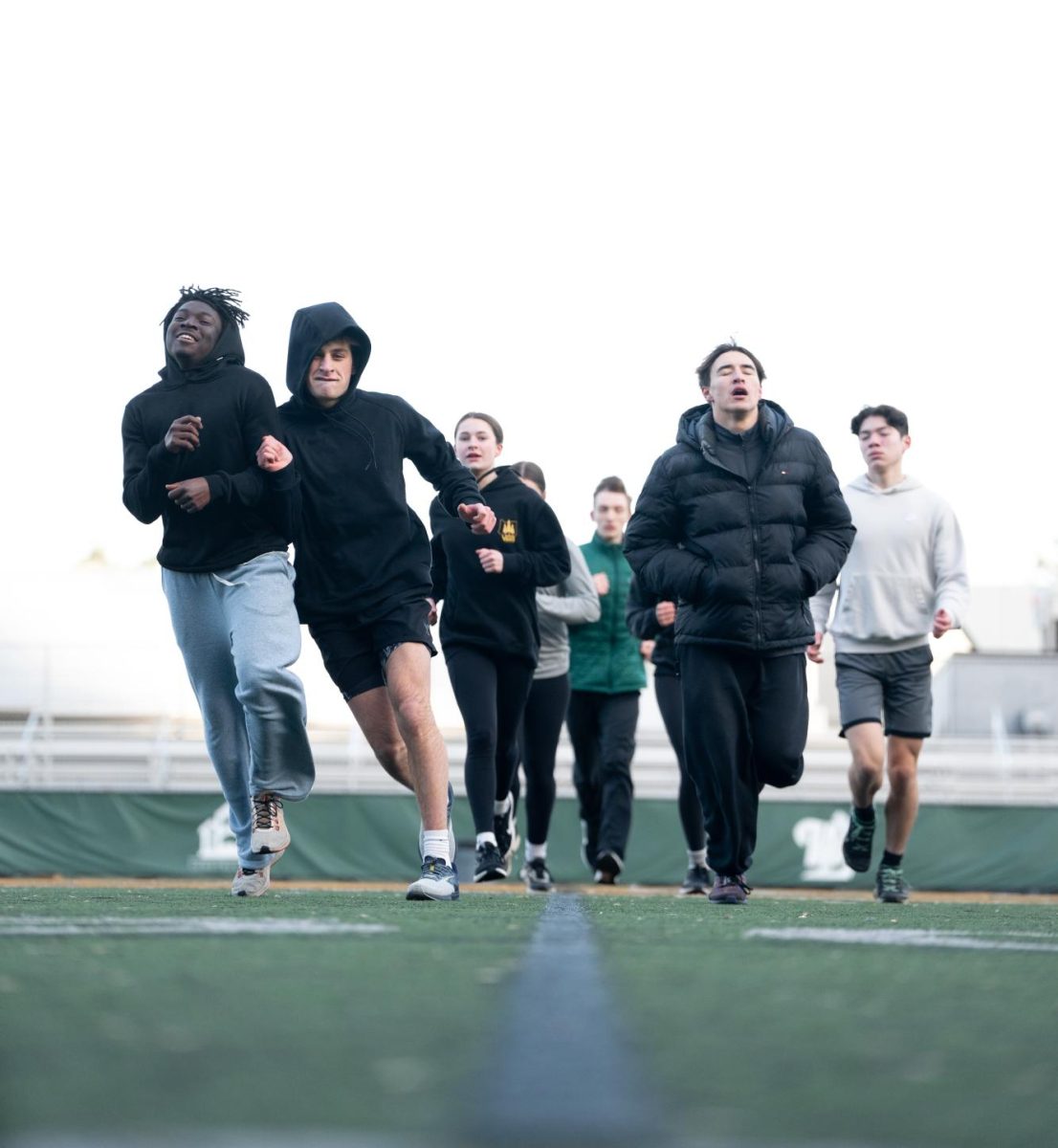
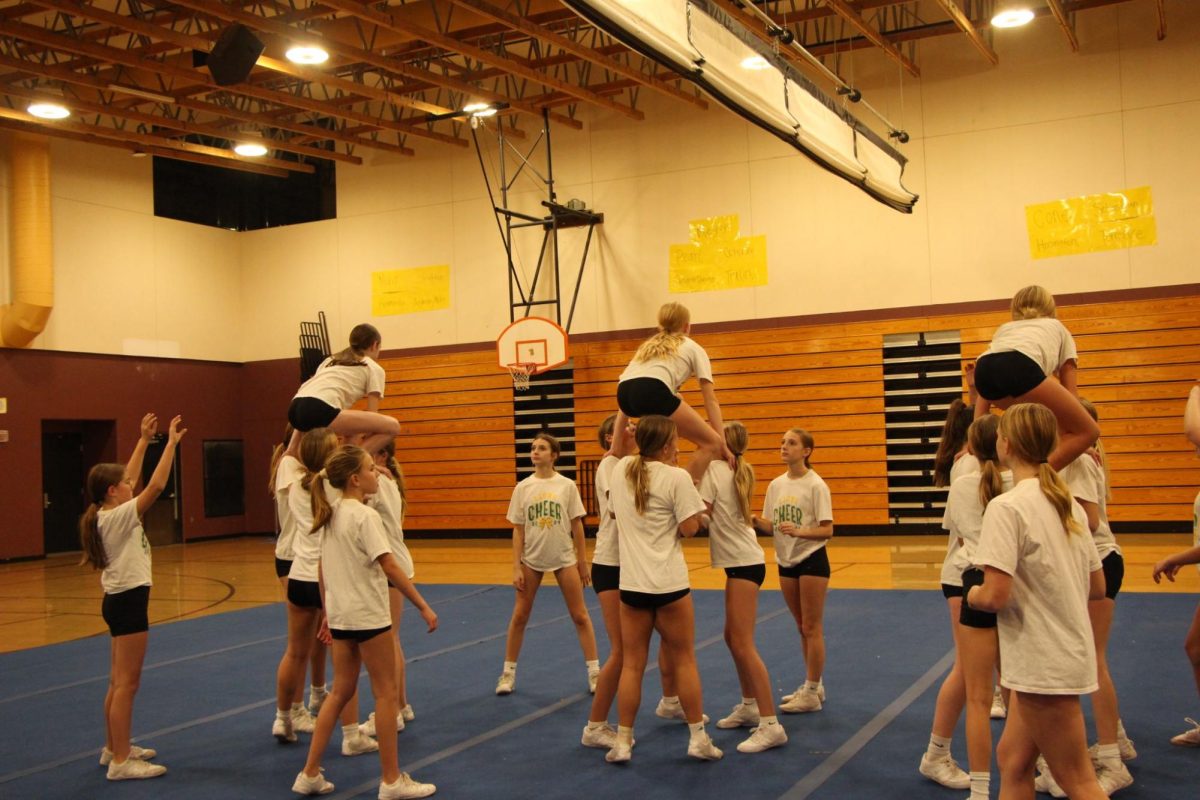
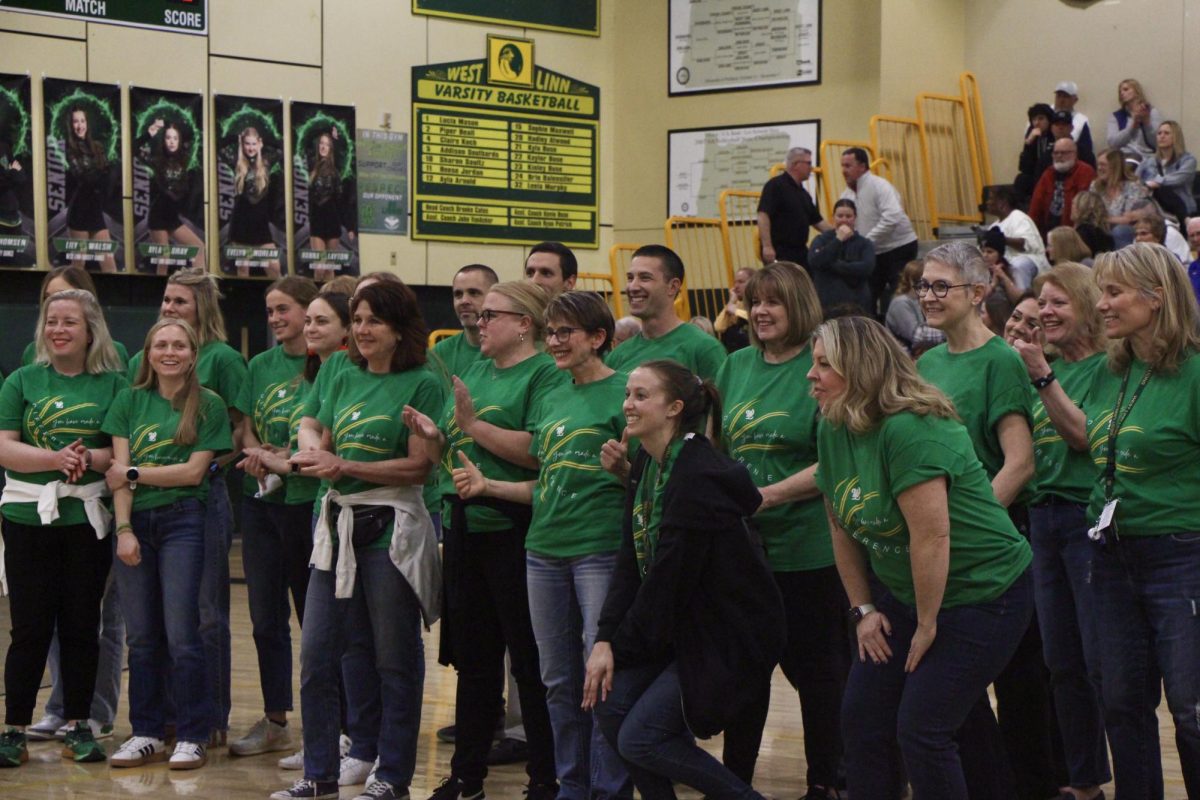






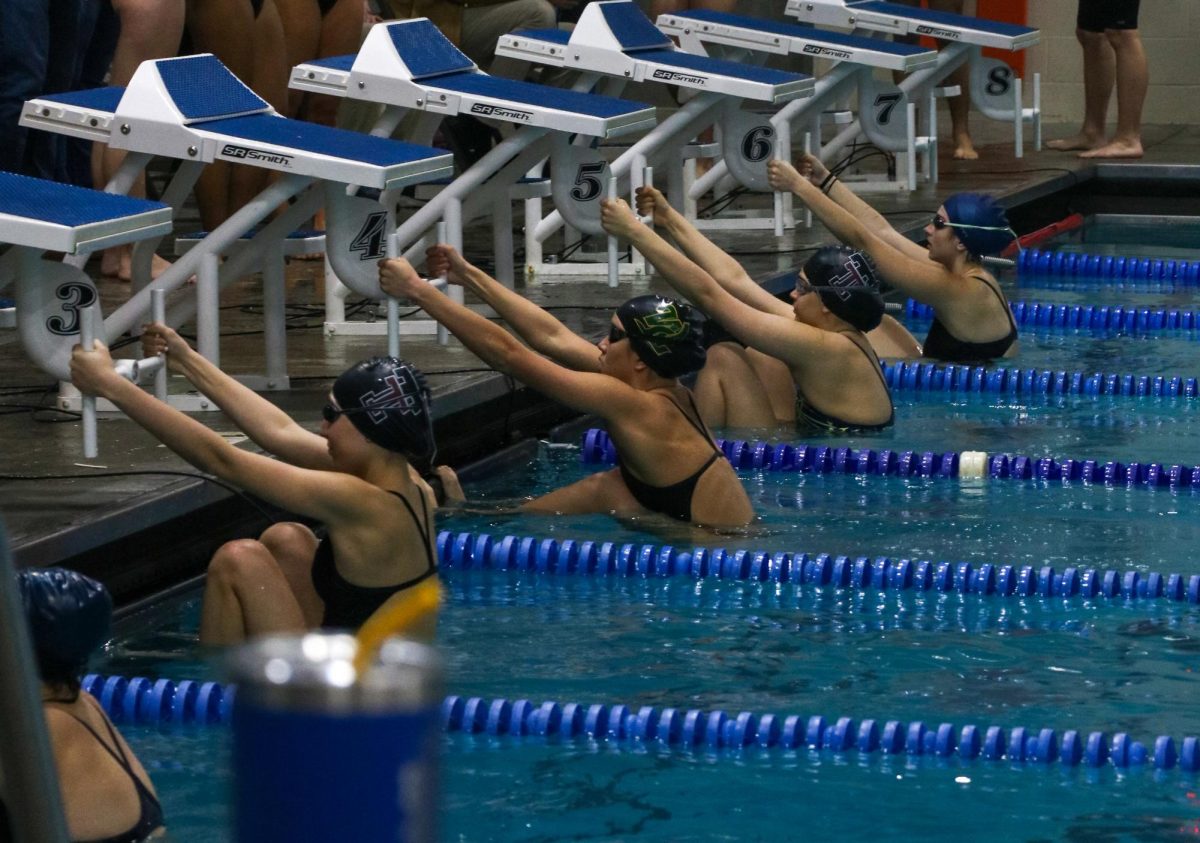

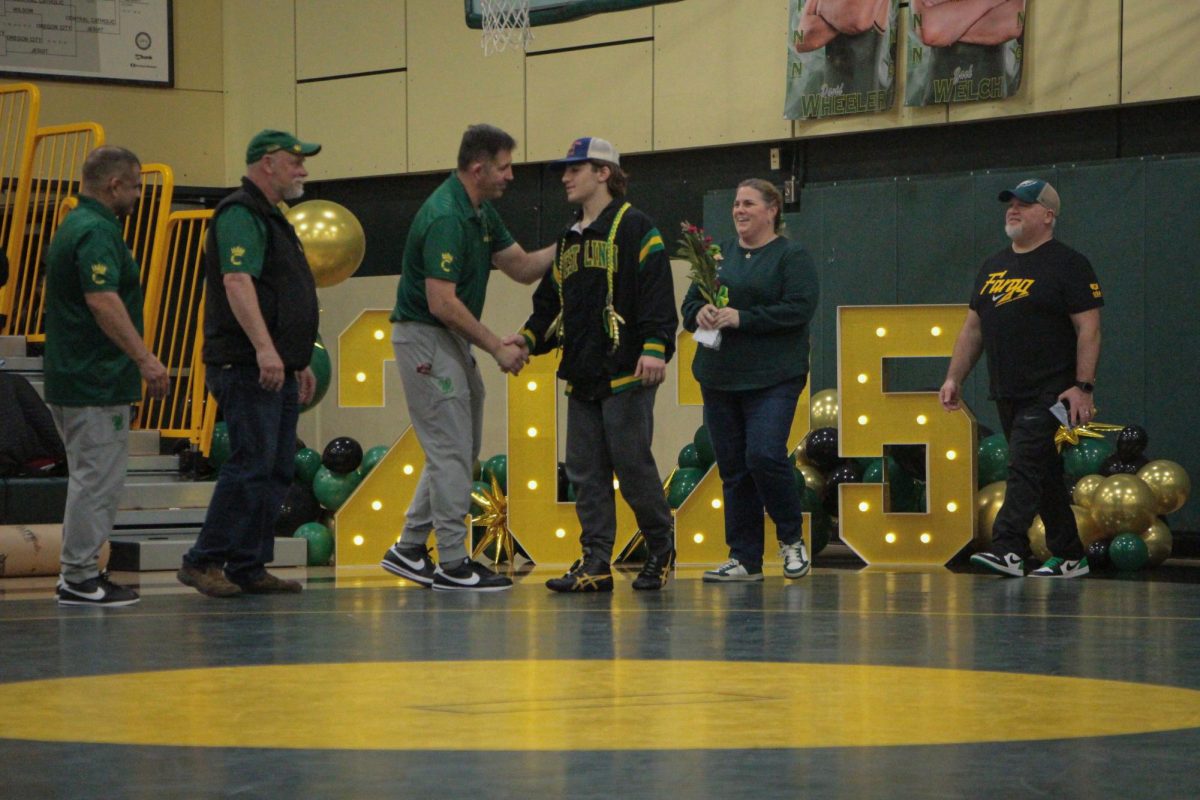




![At the bottom of the third inning, the Lions are still scoreless. Rowe stands at home plate, preparing to bat, while Vandenbrink stands off to the side as the next batter up. Despite having the bases loaded, the team was unable to score any runs. “It’s just the beginning of the season. We’re just going to be playing out best by June, [and] that’s where champions are,” Rowe said.](https://wlhsnow.com/wp-content/uploads/2024/03/IMG_3077-1200x900.jpg)




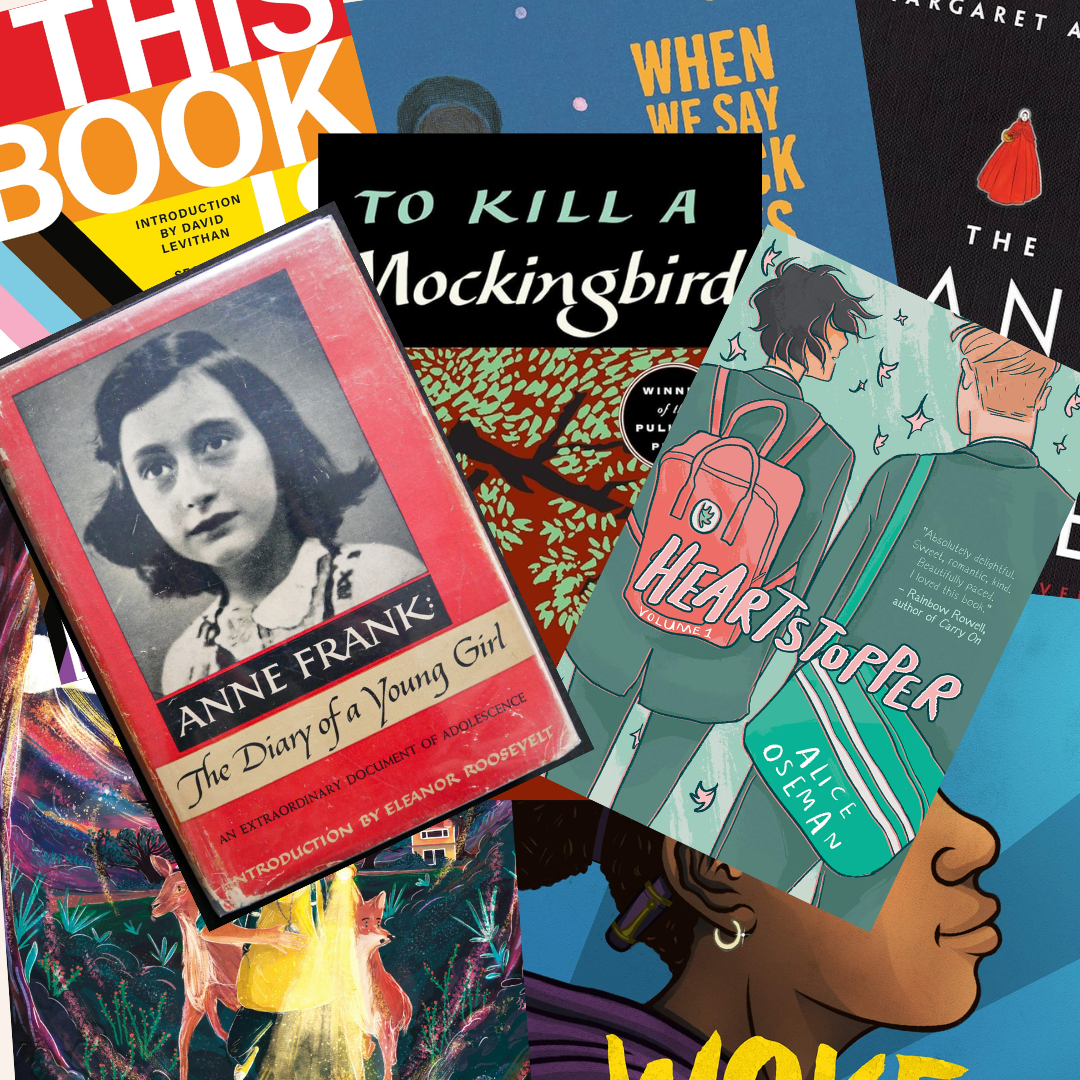
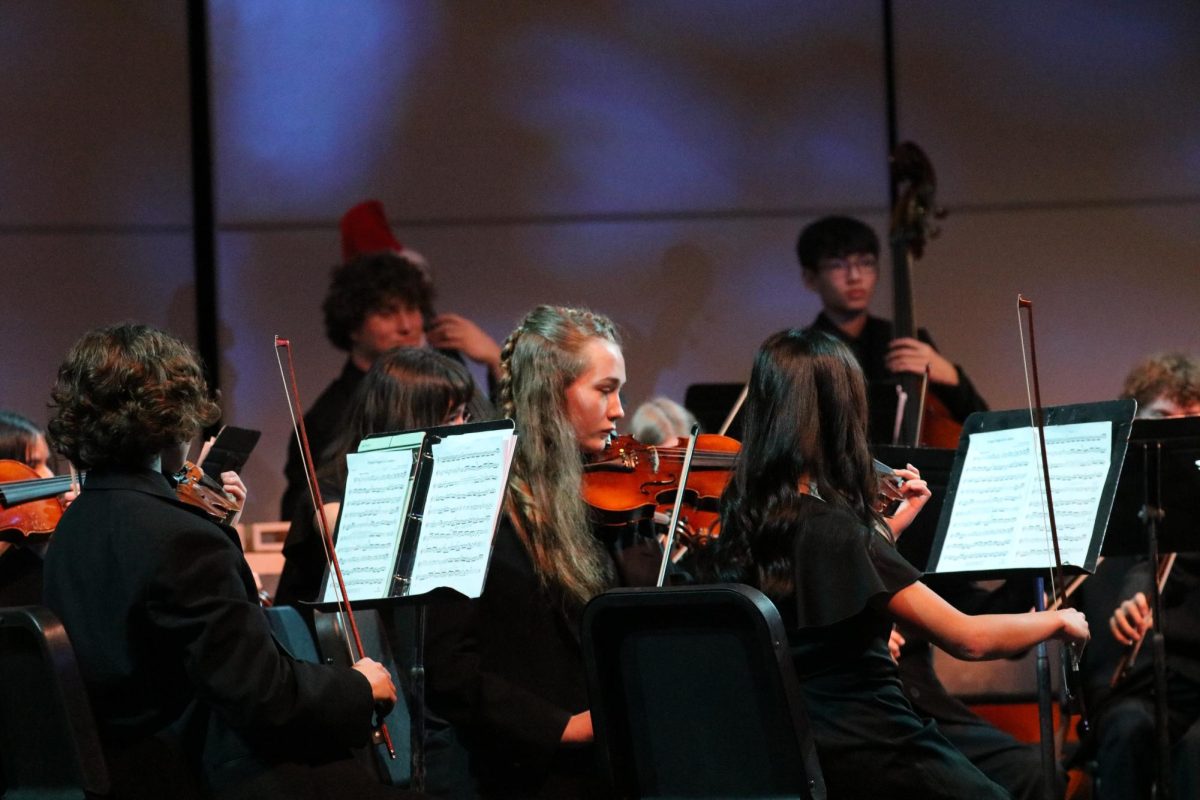












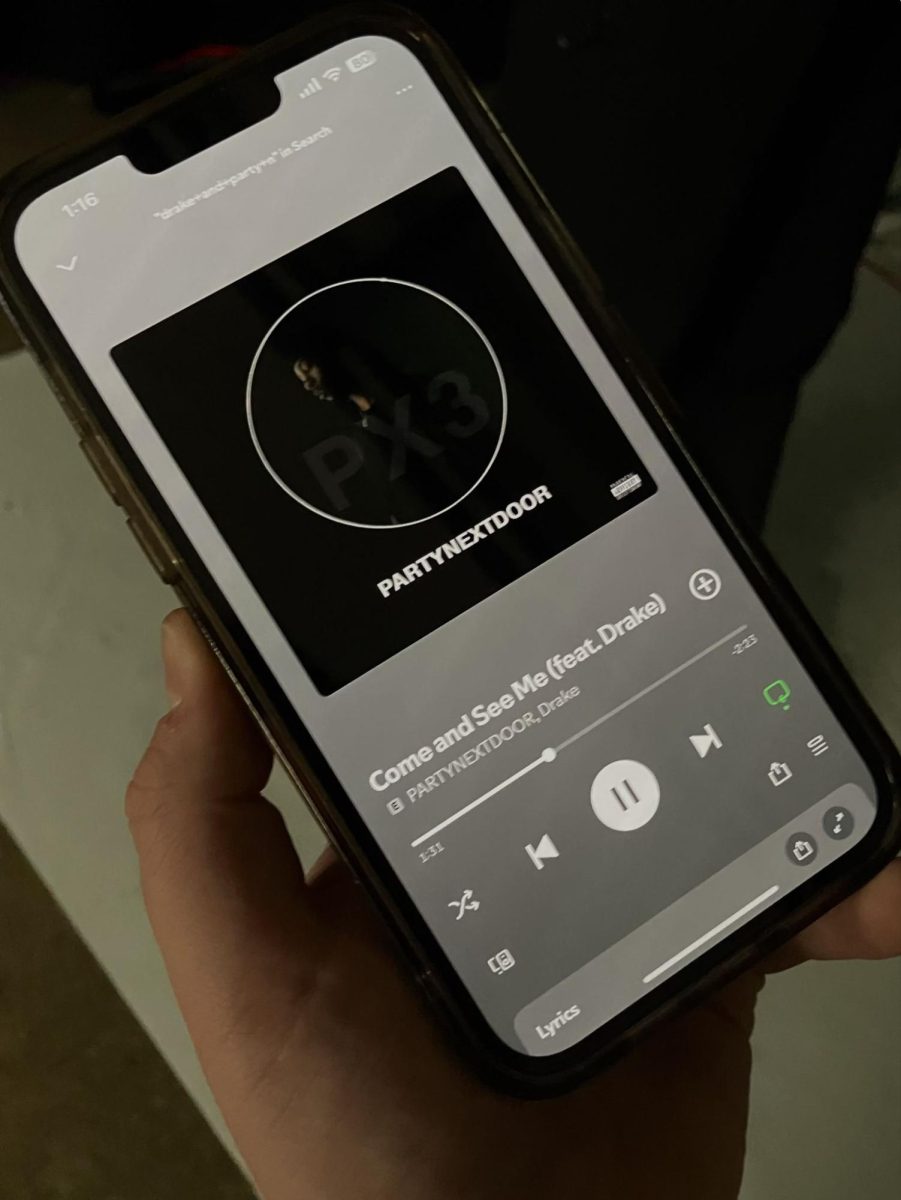

































Carol Houlihan
Dec 8, 2023 at 6:47 am
Your great grandfather, my father, was a newspaper reporter. You are already a credit to the profession!
Joseph Murphy
Dec 8, 2023 at 1:43 pm
This is so sweet!